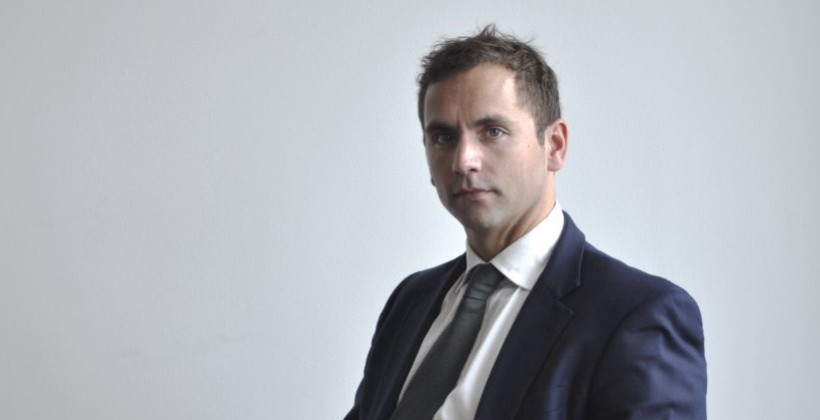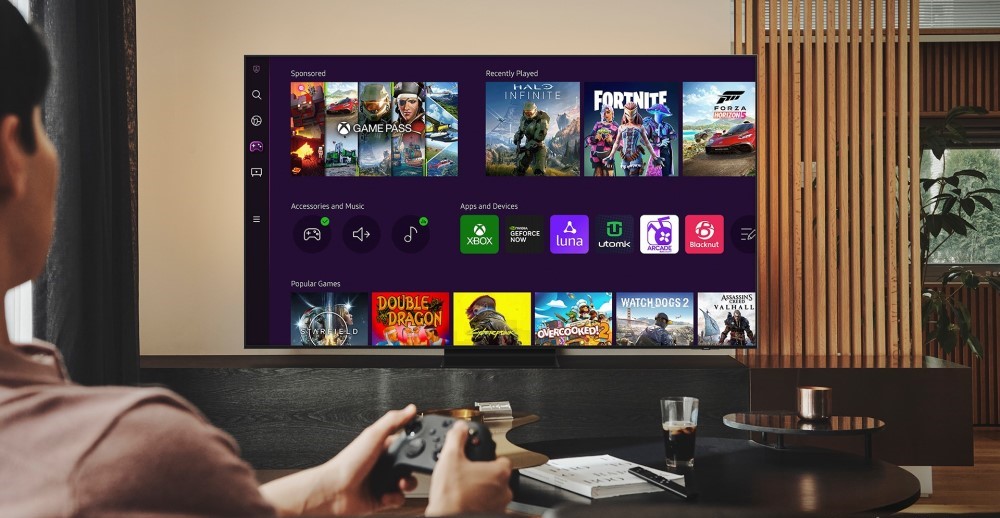Last week, the Government confirmed that it plans to introduce legislation to sell off Channel 4 before the next General Election.
As expected, the decision was greeted, as it was last year when first raised, with dismay by Channel 4 and its supporters, including a number of Conservative MPs. However, the Government seems determined to press ahead, with neither Boris Johnson nor Culture Secretary Nadine Dorries being prepared to back down. I will leave aside the chances of the legislation progressing and passing (in summary, I think it is likely but not guaranteed).
Looking at how much a sale would raise, the £1 billion valuation being flagged for Channel 4 looks a stretch. Buyers will almost certainly use market-leader ITV as a basis for their bids. However, ITV’s share price has collapsed following the announcement of its new strategy in its full year results in March. It is now trading at below 80p (vs the 100-120p range when the plans were first discussed) and is valued at around 1x external revenues.
Channel 4 will almost certainly be valued at a discount given ITV is the market leader, and also has significant production assets which Channel 4 does not have. So on Channel 4’s current revenue base, a valuation of £600-700m might be more realistic, although if ITV’s share price recovers, this would boost Channel 4’s valuation.
Who would be the buyers? Channel 4 is the number two player in a market which is consensually viewed (although perhaps wrongly) as in decline. It has a solid (but perhaps under pressure) brand, which has no production assets of its own, but which has been making credible steps into the digital world.
Framed this way, the most logical route would be the consolidation angle i.e. Channel 4 being bought by one of ITV, Sky or ViacomCBS (owner of Five) to consolidate the market and/or drive synergies. I think there is less rationale for a player such as Discovery, although that does not mean it will not bid. Private Equity could be an interesting alternative route (and it would probably come up with some innovative solutions to Channel 4’s issues) but there are not obvious synergies.
Within the trade buyers, ITV is the most likely option. It has refused to rule out a purchase and has reportedly hired investment bankers to help with a bid. Buying Channel 4 would give it a c. 70 percent share of the broadcasting market (more on that later) and, for CEO Carolyn McCall, may be seen as the way to regain the trust of financial investors. Plus, ITV certainly has the financial firepower to buy Channel 4.
I would be less convinced about ViacomCBS, as its shareholders may not be happy with paying $1 billion+ for a #2 terrestrial broadcaster with no production assets in a non-US country.
The most interesting option could be Sky. Its owner Comcast could easily afford to buy up Channel 4, it would bring Sky close to level-pegging with ITV and Sky’s impressive resources and international reach would be incredibly useful for Channel 4.
Changing attitudes in antitrust
What about the competition issues I hear you say? Well, times change and, while an ITV-C4 entity would have c. 70 percent market share (a Sky-C4 merger would be more like 50 percent), the competition authorities are well aware that their blocking of Project Kangaroo back in 2009 was a big strategic mistake, given it could have created a credible global streaming platform player.
More to the point, the market definition should be broader than just broadcasting, given YouTube, Facebook and TikTok are competing for the TV advertising money. Under a more relevant market definition i.e. the wider video advertising sector, an ITV-C4 combination would have c. 30 percent market share. Finally, with ex-ITV CEO Michael Grade as Ofcom Chair, the auguries look even more favourable.
Let’s hope the process doesn’t turn into a messy dish (or, indeed, a soggy bottom).
Ian Whittaker is founder and Managing Director of Liberty Sky Advisors. For further insights and articles, subscribe at www.ianwhittakermedia.com





